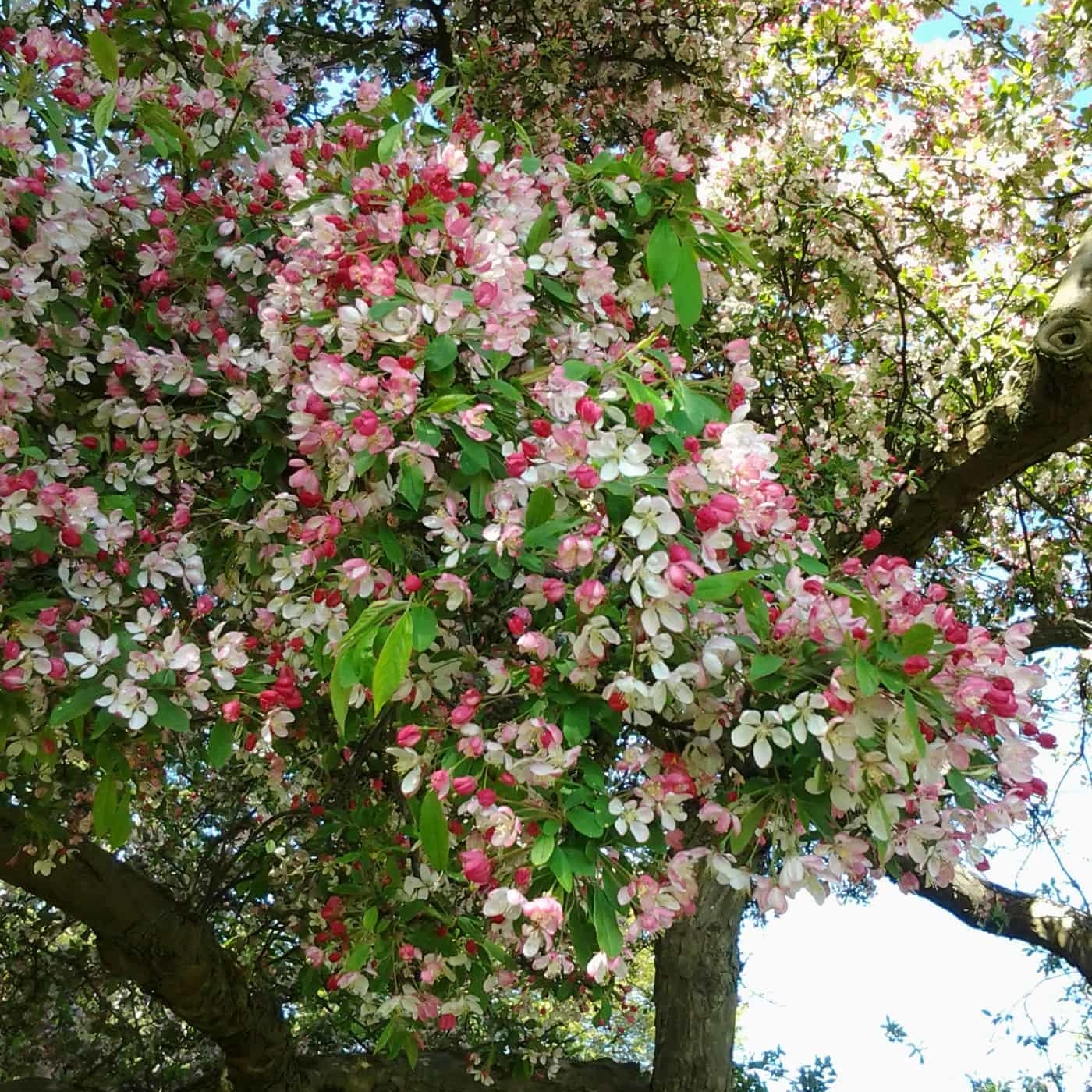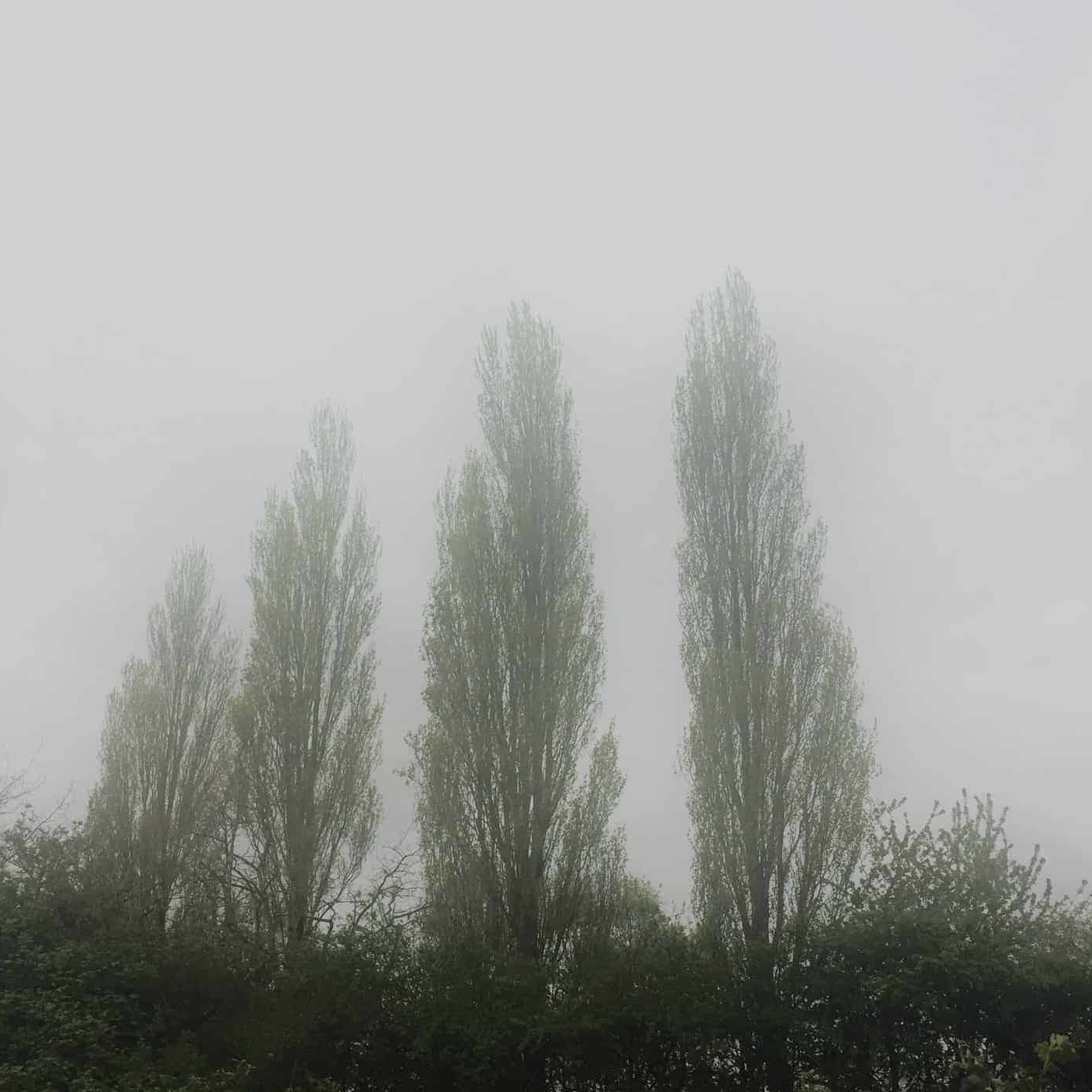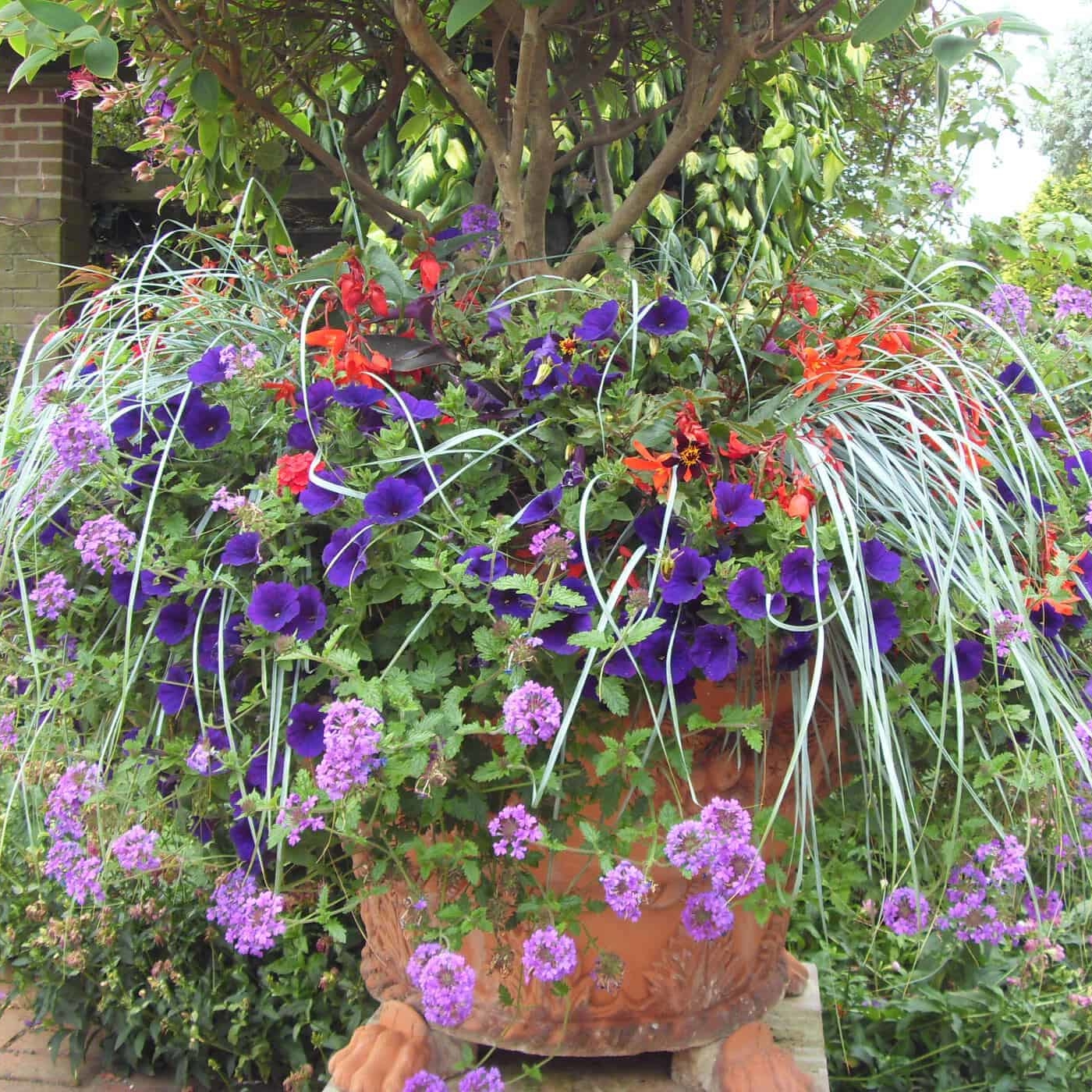Three cheers for ornamental crab apple trees. When looking for a decorative tree for a small to medium sized garden it is always a good idea to select something that will give at least two main periods of interest so that it can really earn its place in a smaller garden.
Ornamental crab apple trees do more than this because as well as having beautiful blossom in the spring, they provide fruits in the autumn that are not only decorative but they provide a useful harvest for making jellies and jams because they are high in pectin and the birds get a treat too with these autumn fruits that stay on the tree for a good long while and ripen slowly over an extended period.
Most crab apple trees are extremely hardy and tolerate a wide range of soil and site conditions as long as they are not in a frost pocket or wind tunnel and they manage to get a few hours of sunshine each day.
They blossom in late April and May and there are a number of cultivars that have particularly delightful blossom. They flower for a fairly long period and make excellent pollinators for culinary and eating apples so they can help to provide a good crop from your apple trees too.
Malus floribunda flowers in late April and early May and an established specimen will be absolutely covered in the pink and white blossom although the fruits are less significant.
Malus ‘Elin’ produces deep ruby flowers in May and these are followed by large rosy red crab apples that also have a red flesh and are superb for adding a little rose colouring to your jellies.
Malus ‘Rudolph’ also produces deep pink flowers in May which are followed by tiny bright red fruits that stay on the tree for a long period while the autumn colour of the leaves sets them off perfectly.
Malus ‘Golden Hornet’ has pale blossom but is renowned for its rich golden coloured and slightly pointed fruits in autumn and these fruits cover the stems of a well-established specimen and provide ab abundance of fruits for the jelly pot as well as the birds.
Caroline Wright
Caroline brings decades of horticultural experience, both practical and theoretical. Having lectured at Brackenhurst Horticultural University for many years, Caroline has now relocated to France and is following her passion for growing plants and teaching. Caroline and her husband Paul run the plant nursery, propagating all of the plants themselves and lead a wide selection of fun and interactive horticultural and craft based courses.



